
Find Help
More Items From Ergsy search
-

How to treat a dog bite
Relevance: 100%
-
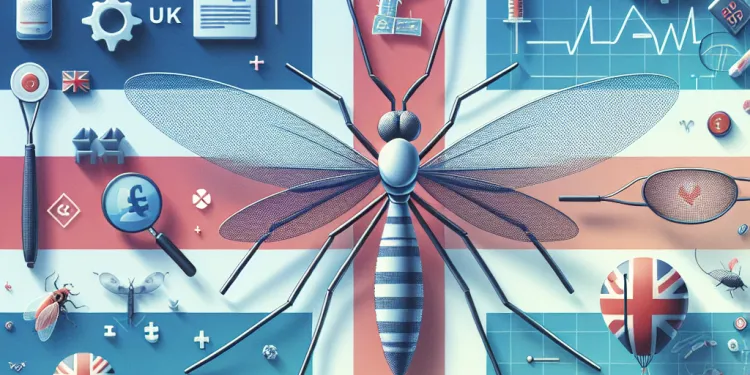
Are mosquito bites in the UK harmful?
Relevance: 44%
-

Do all mosquitoes bite humans?
Relevance: 42%
-
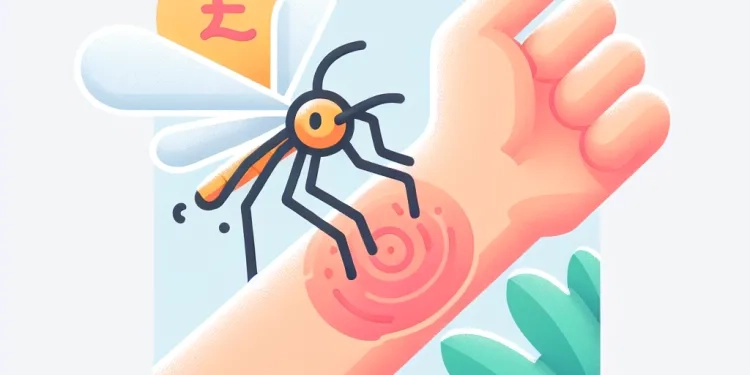
Why are mosquito bites itchy?
Relevance: 42%
-
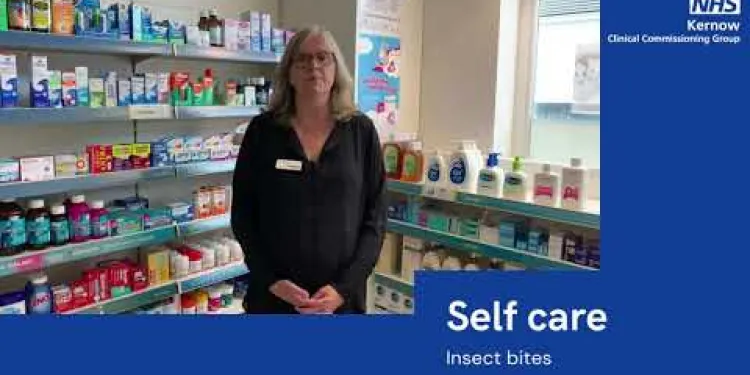
Self care - insect bites
Relevance: 42%
-
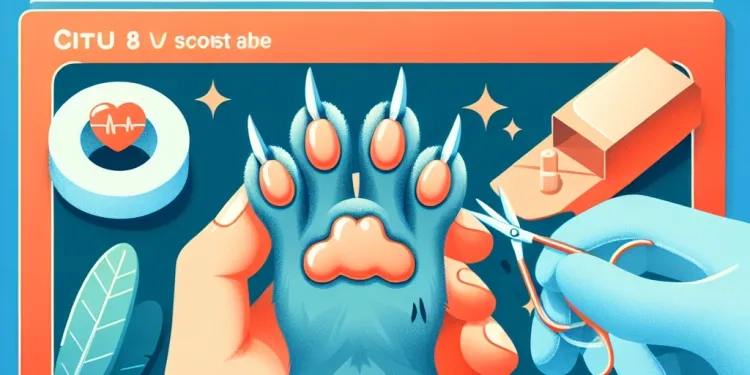
How to treat a cat bite
Relevance: 41%
-
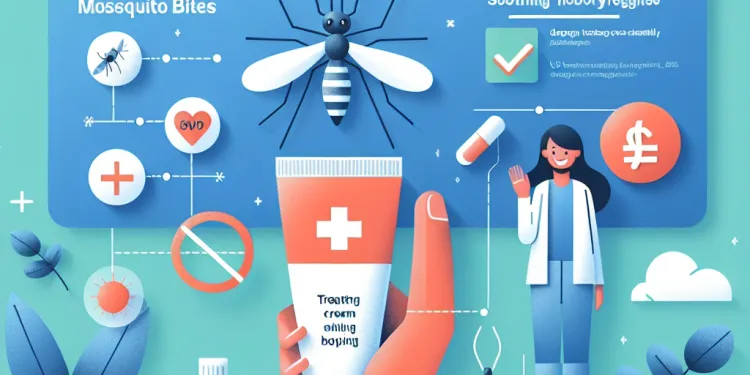
How can I treat mosquito bites?
Relevance: 40%
-

Which spiders in the UK can bite humans?
Relevance: 40%
-

Think Pharmacy: Introduction for Bites and Stings
Relevance: 39%
-
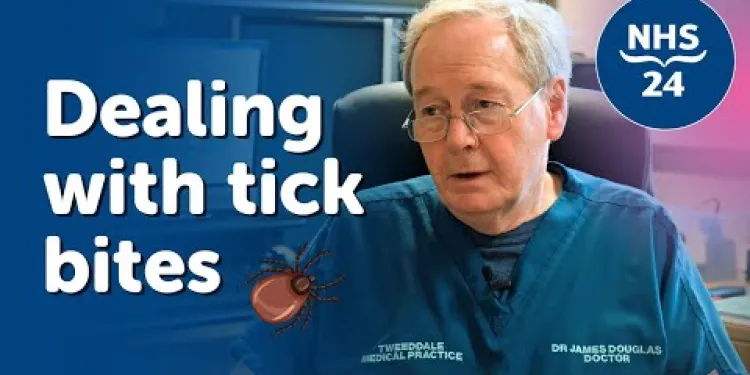
Tick Bites: Should you be worried?
Relevance: 39%
-
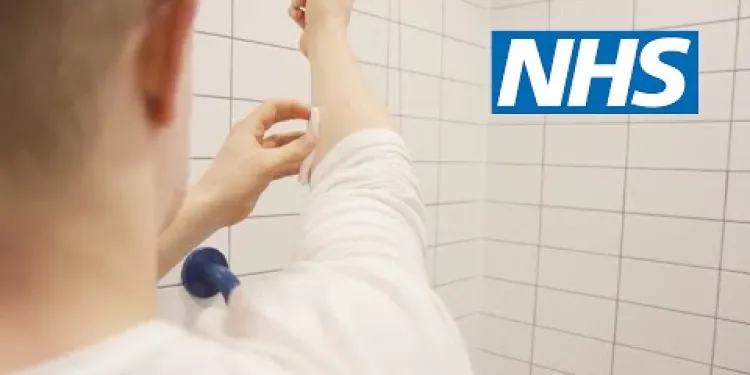
How to treat an insect bite or sting | NHS
Relevance: 38%
-
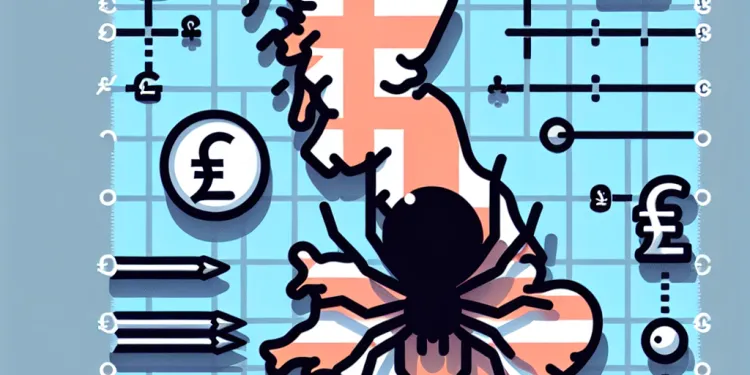
Is the bite from a false widow spider dangerous?
Relevance: 38%
-
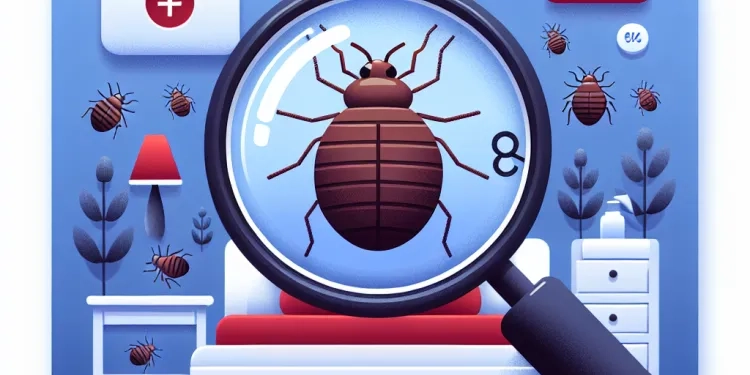
How can I tell if bites are from bed bugs?
Relevance: 38%
-

Can HIV be transmitted through insect bites?
Relevance: 37%
-
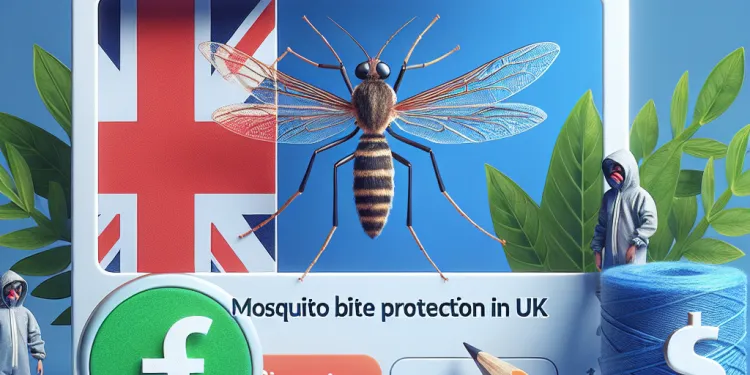
How can I protect myself from mosquito bites in the UK?
Relevance: 35%
-

Do UK spiders pose a threat to pets?
Relevance: 34%
-
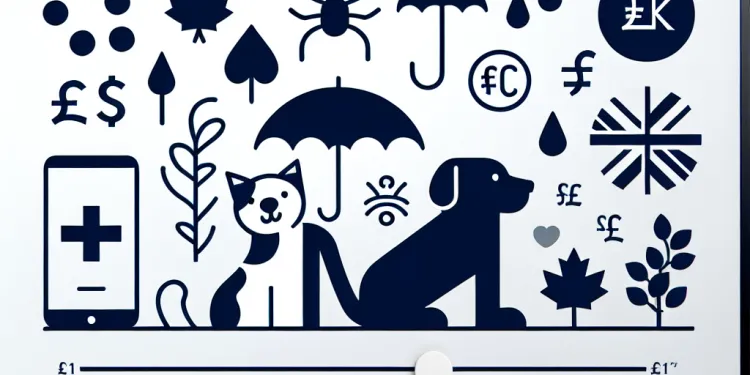
Can pets get Lyme disease?
Relevance: 32%
-

How common are spider bites in the UK?
Relevance: 32%
-
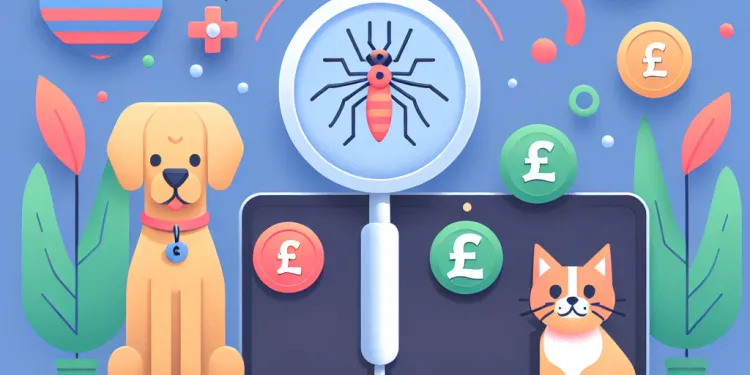
Can pets get West Nile Virus?
Relevance: 29%
-

How do you prevent Lyme disease?
Relevance: 24%
-
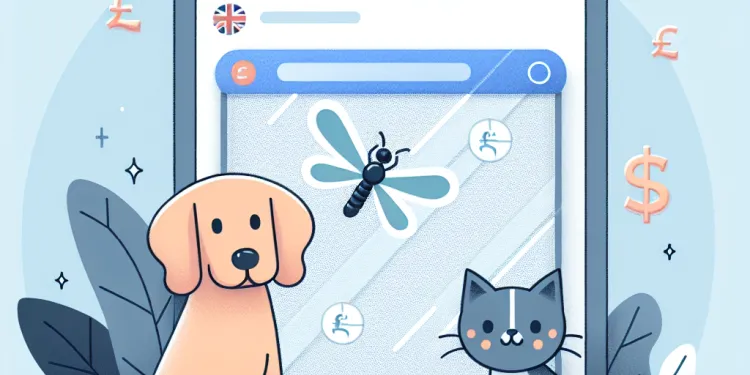
Can pets damage mosquito screens?
Relevance: 24%
-

How is the bubonic plague transmitted?
Relevance: 20%
-

What should I do if I get bitten by a spider in the UK?
Relevance: 20%
-
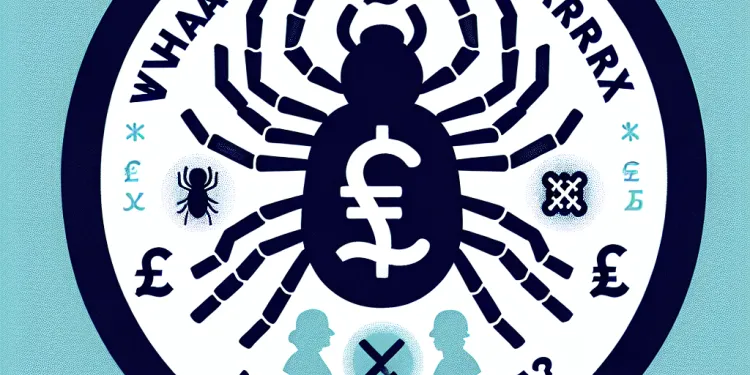
What kind of ticks carry Lyme disease?
Relevance: 19%
-

Are there any special precautions for pets during a heatwave?
Relevance: 19%
-

Lyme disease: What is it?
Relevance: 18%
-

Can pets get scabies from humans?
Relevance: 18%
-

Can UK spiders cause allergic reactions?
Relevance: 18%
-
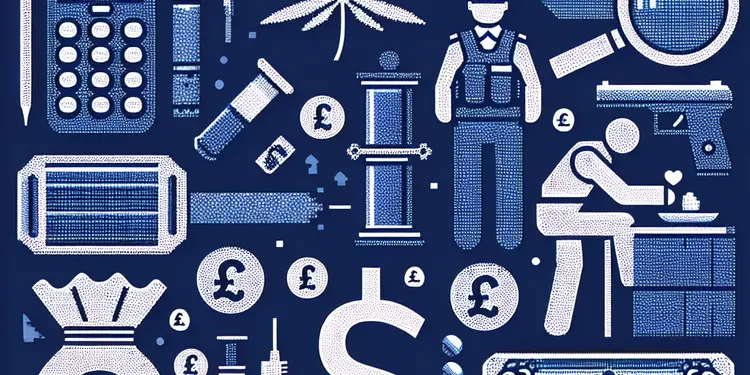
How does law enforcement typically identify drug offences?
Relevance: 18%
-

Are UK spiders venomous?
Relevance: 18%
-
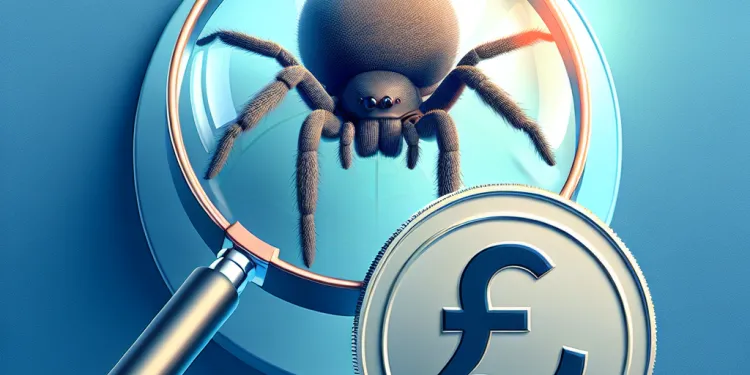
Do spiders in the UK carry diseases?
Relevance: 18%
-

Are there any poisonous spiders in the UK?
Relevance: 18%
-
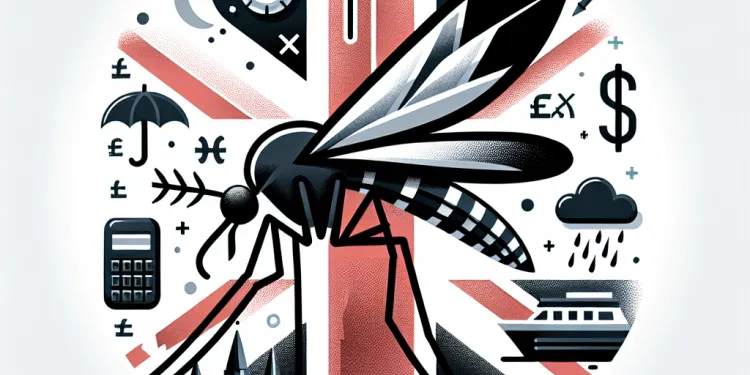
Are there Mosquitos in the United Kingdom?
Relevance: 17%
-

How is Lyme disease transmitted?
Relevance: 17%
-

What is the most dangerous spider in the UK?
Relevance: 17%
-
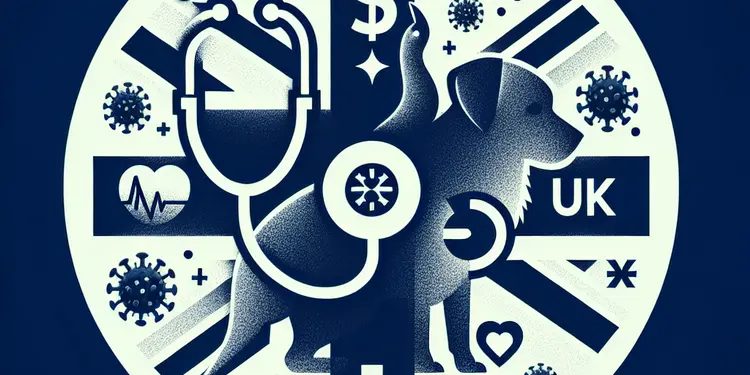
Can animals be infected with H3N2?
Relevance: 16%
-

How is Chikungunya virus transmitted?
Relevance: 16%
-

How is West Nile Virus transmitted?
Relevance: 16%
-

What should you do if you find a tick on your body?
Relevance: 16%
-

Can the bubonic plague be prevented?
Relevance: 16%
How to Treat a Dog Bite
Immediate First Aid Steps
If you or someone else is bitten by a dog, it's crucial to act quickly. First, clean the wound as thoroughly as possible. Rinse the area with warm water and wash it with mild soap to reduce the risk of infection. Even if the bite doesn't appear severe, this step is important. Gently press the wound with a clean cloth to stop any bleeding and cover it with a sterile bandage. If bleeding is excessive and doesn't stop with pressure, seek emergency medical help.
Assess the Injury Severity
After administering initial first aid, assess the severity of the bite. Minor bites, typically characterized by small punctures or scratches, can often be managed at home. However, deep bites may damage muscles, tendons, or nerves, requiring professional medical attention. Always err on the side of caution and consult a healthcare professional if you're unsure of the severity.
Seek Medical Attention
It's advisable to seek medical advice even for minor bites, especially if you are unsure about the dog’s vaccination status. In the UK, your GP or local A&E can provide an assessment. They may recommend a tetanus booster or, in rare cases, a rabies vaccine if the dog's vaccination history is unknown or incomplete. Additionally, they will inspect the wound for signs of infection and decide if antibiotics are necessary.
Monitor for Signs of Infection
After treating the wound, it's important to watch for signs of infection, such as redness, swelling, pus, or increased pain at the site of the bite. Additionally, systemic signs like fever might develop, indicating the spread of infection. If you experience these symptoms, seek medical attention promptly as infections can escalate quickly.
Understand Legal and Reporting Requirements
In the UK, all dog bites should be reported to the local council or authority, especially if the dog presents a risk to the public. It's essential to provide details about the incident, including the location, time, and dog's owner particulars if known. Reporting can help prevent future incidents and contributes to animal behavior and safety records. Additionally, if the bite occurred on someone’s property, their insurance might cover medical expenses at their discretion.
Preventing Future Incidents
To prevent future bites, educate yourself and others about safe interactions with dogs. Avoid approaching unfamiliar dogs and always ask the owner's permission before petting. Supervise children closely around dogs and teach them appropriate behavior. Responsible pet ownership, including proper training and socialization for dogs, can significantly reduce bite incidents.
How to Treat a Dog Bite
Being bitten by a dog can be distressing and requires prompt attention to prevent infection and other complications. The following guide outlines the steps to take if you or someone around you is bitten by a dog in the United Kingdom.
Immediate Steps to Take
Once bitten, it's crucial to assess the severity of the wound. For minor bites, rinse the wound immediately under cool running water to flush out any bacteria. Use soap and clean the area thoroughly. After cleaning, gently press a clean cloth against the wound if it's bleeding to stop the flow of blood. For deeper wounds, cover it with a sterile bandage and seek medical attention immediately.
When to Seek Medical Attention
If the bite is from an unfamiliar dog, appears deep, or if you are unable to stop the bleeding, seek medical help promptly. In the UK, you can contact NHS 111 for advice or visit a local A&E department. It is particularly important to seek help if there are signs of infection such as redness, swelling, or pus, or if you have not had a tetanus jab in the last ten years.
Reporting the Incident
In the UK, you should report serious dog bites to your local council's dog warden service, especially if you feel there is a risk of future attacks or the dog appears dangerous. This helps authorities monitor potentially dangerous animals and prevent future incidents. Record as much information as possible, such as the dog’s description and any available contact details of the owner.
Preventing Infection
Apply an antibiotic ointment on the wound and cover it with a sterile dressing to prevent further contamination. Change the dressing regularly and keep an eye on the wound for signs of infection. Follow up with your GP if you notice any unusual symptoms or if the wound does not seem to be healing.
Legal Considerations
Under UK law, the Dangerous Dogs Act 1991 stipulates that owners are responsible for their dog’s behavior. If you consider taking legal action, documenting the incident with photos and statements from witnesses, if any, can be beneficial. It's advisable to consult with a personal injury solicitor to consider your options.
How to Treat a Dog Bite
Immediate First Aid Steps
If a dog bites you or someone else, act fast. First, clean the wound well. Rinse it with warm water and wash it with mild soap to help stop infection. Even if the bite looks small, cleaning is important. Press the wound gently with a clean cloth to stop bleeding. Cover it with a clean bandage. If the bleeding does not stop, call for emergency help.
Assess the Injury Severity
After cleaning the wound, check how bad the bite is. Small bites, like little scratches, can be treated at home. But deep bites can hurt muscles or nerves and need a doctor. If you are not sure how bad it is, call a doctor for advice.
Seek Medical Attention
It is a good idea to see a doctor even for small bites, especially if you do not know if the dog had its shots. In the UK, your doctor or local hospital can check the bite. They might recommend a tetanus shot or a rabies vaccine if the dog's shots are unknown. They will also check if you need medicine for infection.
Monitor for Signs of Infection
After cleaning the wound, look for signs of infection such as redness, swelling, pus, or more pain. Also, watch for fever. If these signs show up, call a doctor quickly as infections can get worse fast.
Understand Legal and Reporting Requirements
In the UK, report all dog bites to the local council or authority, especially if the dog might be dangerous. Tell them where it happened, when, and who owns the dog if known. Reporting helps keep others safe. If the bite happened on someone’s property, their insurance might help with medical costs.
Preventing Future Incidents
To stop future bites, learn and teach others how to be safe around dogs. Do not go near dogs you do not know. Always ask the owner before you pet a dog. Watch children around dogs and teach them how to behave. Owners should train and socialize their dogs to prevent bites.
How to Help if a Dog Bites You
Getting bitten by a dog can be scary. It's important to help the bite heal and stop infections from happening. This guide shows you what to do if you or someone else gets bitten by a dog in the UK.
What to Do Right Away
If a dog bites you, first see how bad the bite is. If the bite is small, gently wash it under cool running water. Use soap to clean it well. If the bite is bleeding, press a clean cloth on it to help stop the blood. If the bite is deep, put a clean bandage on it and go to the doctor quickly.
When to Get Medical Help
Go to the doctor if the dog is a stranger, if the bite is deep, or if the bleeding doesn’t stop. In the UK, you can call NHS 111 for advice or go to the A&E department. Get help fast if the bite gets red, puffy, or has pus, or if you haven’t had a tetanus shot in the past ten years.
Tell Someone About the Bite
In the UK, tell your local council's dog warden service if a dog bites you badly or if the dog might be dangerous. This helps keep people safe from dangerous dogs. Write down what the dog looks like and try to get the owner’s contact information if you can.
Stopping Infection
Put an antibiotic cream on the bite and cover it with a clean dressing to keep germs out. Change the dressing often and watch the bite for signs of infection. Go to the doctor if the bite looks strange or doesn't heal well.
Knowing the Law
In the UK, the Dangerous Dogs Act 1991 says dog owners must control their dogs. If you want to take legal action, it helps to take pictures and get statements from any witnesses. Talk to a personal injury lawyer to know your choices.
Frequently Asked Questions
What should I do immediately after being bitten by a dog?
Stay calm and move to a safe location away from the dog. Immediately wash the wound with soap and warm water to reduce the risk of infection.
Do I need to see a doctor for a dog bite?
Yes, you should see a doctor to assess the severity of the bite and determine if further treatment, such as a tetanus shot or antibiotics, is needed.
Should I report the dog bite to authorities?
Yes, you should report the bite to your local council's dog warden service in the UK. This helps track any dangerous dogs and prevents future incidents.
Do I need a tetanus jab after a dog bite?
Tetanus is a risk with any deep wound, so if your tetanus vaccinations are not up to date, you may need a booster shot. Consult with a healthcare professional.
How can I prevent infection after a dog bite?
Clean the wound thoroughly, apply an antiseptic, cover it with a sterile bandage, and consult a healthcare provider for further advice.
When is a dog bite considered serious?
A bite is serious if it causes deep puncture wounds, severe bleeding, numbness, or if the dog was acting strangely, potentially indicating rabies.
Can a dog bite lead to legal action?
Yes, you may have legal rights to compensation if bitten, especially if the dog was not properly controlled. Consult a solicitor to explore your options.
What signs of infection should I watch for after a dog bite?
Watch for redness, swelling, warmth, pus, fever, or increased pain around the wound, and seek medical attention if any of these occur.
Should I approach the dog's owner after being bitten?
Yes, if safe to do so, exchange contact information and ask about the dog's vaccination records.
How long does it take for a dog bite to heal?
It depends on the bite's severity and location. Minor bites may heal in a week, while serious injuries can take longer and may require medical treatment.
Can I treat a minor dog bite at home?
You can start by cleaning it thoroughly and applying an antibiotic ointment and covering it. Monitor it for signs of infection and seek medical advice if needed.
What should I do if the dog belongs to someone else?
Get the owner's contact details and ensure they control their pet. Report the incident to the local council's dog warden service.
Are antibiotics always required for dog bites?
Not always, but they may be prescribed if there's a high risk of infection or if the bite is severe.
What risks do dog bites pose to children?
Children are at higher risk for severe bites, infections, and emotional trauma. They should be evaluated by a healthcare professional promptly.
What should I know about rabies and dog bites in the UK?
Rabies is rare in the UK. However, if bitten while abroad in a rabies-risk area, seek medical help immediately for potential post-exposure prophylaxis.
What do I do if a dog bites me?
If a dog bites you, follow these steps:
- Stay calm. Take a deep breath.
- Wash the bite with soap and clean water.
- Put a clean cloth on the bite to stop bleeding.
- Use a bandage to cover the bite.
- Ask an adult for help. See a doctor soon.
If you need help reading this, you can ask someone to read it with you. You can also use a text-to-speech tool to listen to the words.
Stay calm and move to a safe spot away from the dog. Wash the cut with soap and warm water right away. This helps stop germs from getting in.
Should I see a doctor if a dog bites me?
If a dog bites you, you should get help from a doctor. A doctor makes sure you are okay.
Here are some simple steps to follow:
- First, wash the bite with clean water.
- Next, cover the bite with a clean cloth.
- Then, go to a doctor soon.
If you find reading hard, you can ask someone you trust to read it to you. You can also use tools like audiobooks or apps that read text out loud to help you understand better.
If you are bitten, you should go to the doctor. The doctor will check how bad the bite is. They will see if you need more help, like a tetanus shot or medicine to stop infection.
Do I need to tell the police about the dog bite?
Yes, you should tell the local council's dog warden if a dog bites you in the UK. This helps keep track of dangerous dogs and stops more bites from happening.
Do I need a tetanus shot if a dog bites me?
If a dog bites you, you might need a tetanus shot. A tetanus shot stops you from getting sick from germs.
It is good to see a doctor. The doctor will tell you if you need the shot.
If you are hurt, clean the bite with water. Tell an adult right away. They can help you.
Using pictures or asking someone to read with you can help. Talking to a nurse or doctor is a good idea too.
Tetanus is a sickness you can get from a deep cut. If your tetanus shots are old, you might need another one to stay safe. Talk to a doctor or nurse for help.
How can I stop getting sick after a dog bite?
If a dog bites you, here is how to stay safe and healthy:
1. Wash the bite: Clean the area with soap and water right away. This helps stop germs.
2. Use a bandage: Put on a clean bandage to cover the bite.
3. See a doctor: Ask an adult to take you to the doctor. The doctor can help you feel better.
4. Ask about shots: The doctor might suggest shots to keep you safe from infections.
It is important to tell someone if you get bitten by a dog. They can help you. Use reminders or ask for help if you need it.
First, wash the cut with water to make it clean. Next, put a special cream on it to stop germs. After that, cover the cut with a clean bandage. If you need more help, talk to a doctor or nurse.
When is a dog bite serious?
A dog bite is serious if:
- The bite is deep and makes a big cut.
- The bite is bleeding a lot.
- You feel very sore or hurt after the bite.
- The bite is on your face or neck.
- You see signs of infection like redness or pus.
If you think a dog bite is serious, tell an adult you trust. They can help you see a doctor. You can also use pictures or stories about dog bites to learn more.
A dog bite is serious if it causes deep holes in the skin, a lot of bleeding, or makes you feel numb. If the dog was acting strange, it might have rabies, which is dangerous.
Can someone go to court if a dog bites them?
Yes, you might get money if a dog bites you. This can happen if the dog was not kept safe. Talk to a lawyer to find out what you can do.
What should I look for after a dog bite?
If a dog bites you, watch for signs of infection. Infections can make you feel sick. Here are some signs:
- Red skin around the bite
- Swelling or puffy skin
- It hurts a lot
- Pus or fluid coming out
- Fever or feeling hot
If you see any of these signs, tell an adult. You may need to see a doctor.
You can also use picture cards or apps to help understand what to do.
Look for redness, swelling, warmth, pus, fever, or more pain around the cut. Go to the doctor if you see any of these.
What should I do if a dog bites me?
If a dog bites you, tell an adult right away. They can help you with what to do next.
You can also talk to the person who owns the dog. Tell them what happened.
Remember:
- Stay calm and speak clearly.
- If you are scared or confused, ask an adult for help.
Yes, if it is safe, you can ask for the person's name and phone number. You can also ask if the dog has had its shots.
How long does it take for a dog bite to get better?
A dog bite can hurt. It can take time to feel better.
For small bites, it can take about 1 to 2 weeks to heal.
Bigger bites might take longer, maybe a few weeks.
It is important to clean the bite and see a doctor.
You can use simple tools to help. Try using picture guides or ask someone to explain it to you.
How long it takes for a bite to get better depends on how bad the bite is and where it is on your body. Small bites might get better in about a week. But if the bite is really bad, it can take longer to heal, and you might need to see a doctor for help.
Can I care for a small dog bite at home?
If a dog gives you a little bite, you might be able to take care of it at home. Here is how:
- Wash the bite gently with soap and water.
- Put some cream on it to stop germs, like antiseptic cream.
- Use a clean bandage to cover the bite.
- Check the bite every day. Make sure it is getting better and not red or swollen.
If it hurts a lot or looks bad, ask an adult to take you to see a doctor.
You can also use tools like picture cards to help understand these steps.
First, clean the cut really well. Then put a special medicine on it that helps stop germs. Cover the cut with a bandage. Check every day to see if it gets red, hurts, or looks bad. If it does, ask a doctor for help.
What to do if the dog is someone else's?
Here is what you can do if the dog is not yours:
- Look for a tag on the dog's collar. It might have the owner's name and phone number.
- If the dog is friendly, try to keep it safe and calm.
- Ask people nearby if they know the dog.
- If you cannot find the owner, call the local animal shelter or a vet for help.
You can also try these tools to help:
- Use a phone to take a picture of the dog. It can help in finding the owner.
- Use an app to post about the lost dog in your local area.
Ask for the owner's name and phone number. Make sure they keep their pet under control. Tell the local council's dog warden about what happened.
Do you always need medicine for dog bites?
No, not always. But, doctors might give you medicine if there's a big chance of getting an infection or if the bite is really bad.
Why are dog bites dangerous for kids?
Children can get hurt badly from bites. They can also get sick from germs and feel scared. It is important for a doctor to check them as soon as possible.
What do I need to know about dog bites and rabies in the UK?
Here is some important information about dogs and rabies:
- Rabies is very rare in the UK: Rabies is a disease that can make you very sick, but it's not common here.
- Stay safe around dogs: Be gentle and calm with dogs. If you see a dog you don't know, ask an adult before you go near it.
- What to do if a dog bites you: Tell an adult right away. Clean the bite with water. You might need to see a doctor.
- Helpful tools: Ask someone you trust to read with you. Use simple word cards to understand new words.
Rabies is not common in the UK. But if an animal bites you when you are in another country where rabies is common, see a doctor right away. You might need special medicine to keep you safe.
Useful Links
This website offers general information and is not a substitute for professional advice.
Always seek guidance from qualified professionals.
If you have any medical concerns or need urgent help, contact a healthcare professional or emergency services immediately.
Some of this content was generated with AI assistance. We’ve done our best to keep it accurate, helpful, and human-friendly.
- Ergsy carfully checks the information in the videos we provide here.
- Videos shown by Youtube after a video has completed, have NOT been reviewed by ERGSY.
- To view, click the arrow in centre of video.
- Most of the videos you find here will have subtitles and/or closed captions available.
- You may need to turn these on, and choose your preferred language.
- Go to the video you'd like to watch.
- If closed captions (CC) are available, settings will be visible on the bottom right of the video player.
- To turn on Captions, click settings .
- To turn off Captions, click settings again.
More Items From Ergsy search
-

How to treat a dog bite
Relevance: 100%
-

Are mosquito bites in the UK harmful?
Relevance: 44%
-

Do all mosquitoes bite humans?
Relevance: 42%
-

Why are mosquito bites itchy?
Relevance: 42%
-

Self care - insect bites
Relevance: 42%
-

How to treat a cat bite
Relevance: 41%
-

How can I treat mosquito bites?
Relevance: 40%
-

Which spiders in the UK can bite humans?
Relevance: 40%
-

Think Pharmacy: Introduction for Bites and Stings
Relevance: 39%
-

Tick Bites: Should you be worried?
Relevance: 39%
-

How to treat an insect bite or sting | NHS
Relevance: 38%
-

Is the bite from a false widow spider dangerous?
Relevance: 38%
-

How can I tell if bites are from bed bugs?
Relevance: 38%
-

Can HIV be transmitted through insect bites?
Relevance: 37%
-

How can I protect myself from mosquito bites in the UK?
Relevance: 35%
-

Do UK spiders pose a threat to pets?
Relevance: 34%
-

Can pets get Lyme disease?
Relevance: 32%
-

How common are spider bites in the UK?
Relevance: 32%
-

Can pets get West Nile Virus?
Relevance: 29%
-

How do you prevent Lyme disease?
Relevance: 24%
-

Can pets damage mosquito screens?
Relevance: 24%
-

How is the bubonic plague transmitted?
Relevance: 20%
-

What should I do if I get bitten by a spider in the UK?
Relevance: 20%
-

What kind of ticks carry Lyme disease?
Relevance: 19%
-

Are there any special precautions for pets during a heatwave?
Relevance: 19%
-

Lyme disease: What is it?
Relevance: 18%
-

Can pets get scabies from humans?
Relevance: 18%
-

Can UK spiders cause allergic reactions?
Relevance: 18%
-

How does law enforcement typically identify drug offences?
Relevance: 18%
-

Are UK spiders venomous?
Relevance: 18%
-

Do spiders in the UK carry diseases?
Relevance: 18%
-

Are there any poisonous spiders in the UK?
Relevance: 18%
-

Are there Mosquitos in the United Kingdom?
Relevance: 17%
-

How is Lyme disease transmitted?
Relevance: 17%
-

What is the most dangerous spider in the UK?
Relevance: 17%
-

Can animals be infected with H3N2?
Relevance: 16%
-

How is Chikungunya virus transmitted?
Relevance: 16%
-

How is West Nile Virus transmitted?
Relevance: 16%
-

What should you do if you find a tick on your body?
Relevance: 16%
-

Can the bubonic plague be prevented?
Relevance: 16%


